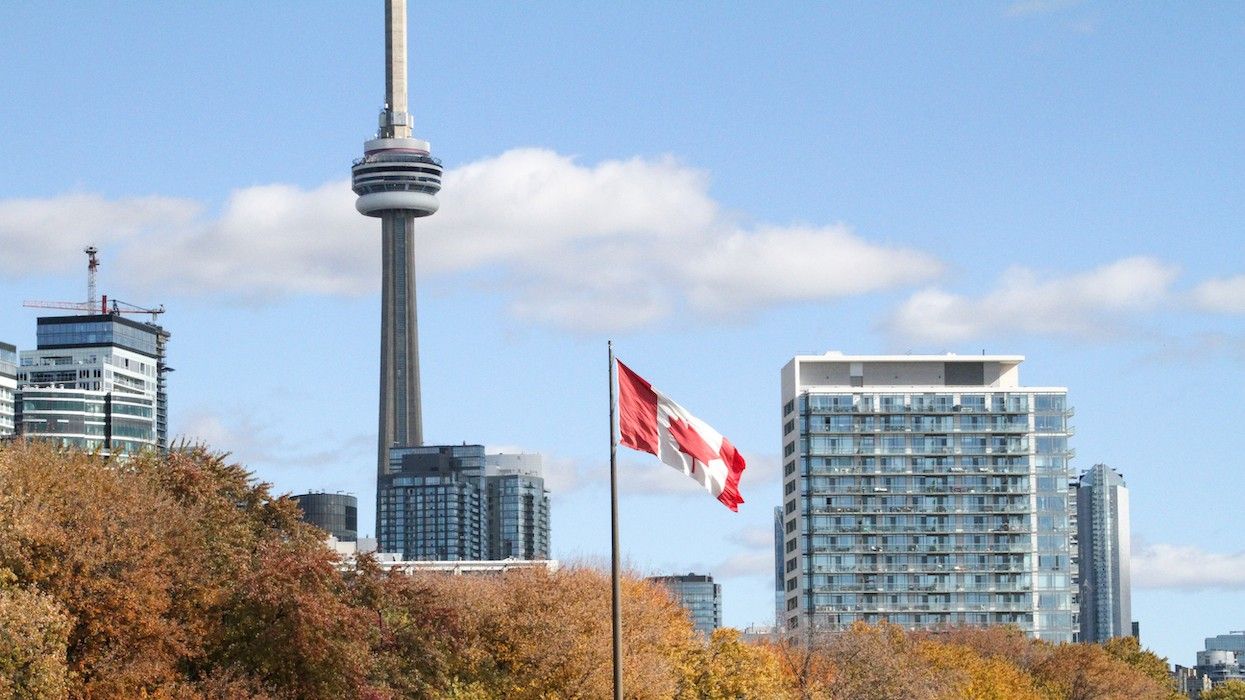An ambitious affordable housing plan that could see 65,000 new rent-controlled homes fast-tracked over the next seven years has received near-unanimous approval from Toronto City Council.
Councillors voted 24 to 1 in favour of the plan on Wednesday, with Stephen Holyday being the lone councillor opposed.
Wednesday’s decision will allow the City to move forward with a public development model meant to bolster public and non-profit ownership of affordable housing. Five City-owned sites have been identified for immediate development.
Mayor Olivia Chow spoke to STOREYS about the model at the end of last month, and said that if public development of the five aforementioned sites is successful — the hope is for “speedy delivery in terms of approval” — there are more than 70 sites in the pipeline that stand to be developed in the same manner.
It’s worth noting that the public model has been met with some scepticism from development sector stakeholders. In part, because very few details of how the model will work from a development standpoint (not to mention, differ from other lacklustre development initiates from the City such as HousingNow) have been made public. In other part, because it hinges, almost wholeheartedly, on funding from other levels of government.
At present, the City has the funds to deliver just 4,455 homes out of its 65,000-home target. The estimated cost to deliver the remaining 60,545 homes is in the ballpark of $28.6B and $31.5B, according to a press release from the City. The release further states that “the estimated amount of funding needed from each order of government is between $500M and $800M per year, in addition to repayable financing.”
The public development model is among 22 recommendations outlined in the plan. Recommendations are geared at ‘transforming’ Toronto’s housing system and tackling the housing crisis, and include streamlining processes to expedite approvals and housing delivery, establishing new and sustainable funding models, and supporting an increased role for Indigenous, non-profit and cooperative housing providers.
- City Of Toronto-Led Development Model Raises Questions Amongst Industry Stakeholders ›
- Toronto Floats “City-Led Development Model” To Deliver More Affordable Housing ›
- Chow Rallies Behind City-Led Development Model, Saying It’s A ‘Small Start’ To Bigger Change ›
- Kensington Market Affordable Housing Project Plans Filed ›





















